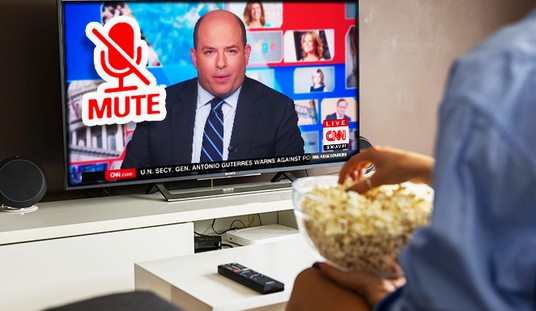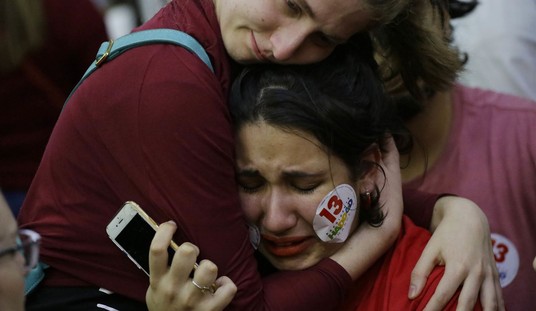The Jerusalem Post is reporting that the British are acting as a mediator in talks between the United States and the Lebanese terrorist group Hezbollah.
The US and Hezbollah are in secret indirect talks managed by London dealing with the fight against Al-Qaida, regional stability and other Lebanese political issues.
Senior British diplomatic sources, quoted in a report in Kuwaiti newspaper Al-Rai on Wednesday, said British diplomats are holding discussions with leaders of the Lebanese organization and transferring the information to the Americans.
The discussions “are aimed at keeping tabs on the changes in the region and the world, and prepare for the upcoming return of Iran to the international community,” according to diplomatic sources in Washington.
Because the US, unlike the UK, recognizes both the political and military wings of Hezbollah as a terrorist organization and refuses to distinguish between them, US officials cannot legally meet with any member of the party. But according to the sources, the US is willing to hear the views of the party and “warm up to a direct relationship in the future.”
Al-Rai noted that Iranian President Hassan Rouhani spoke to British Prime Minister David Cameron last week, and placed the talks with Iranian-backed Hezbollah in the context of the ongoing negotiations between the West and Tehran, which show Washington’s willingness for diplomacy with the Islamic Republic.
A grain of salt must be taken with this story, considering it originated in a Kuwaiti newspaper. But Hezbollah’s siding with President Assad in the Syrian civil war has made the terrorist group into a regional actor of some importance and it would seem logical for the US to recognize that.
I wonder how “warm” the Obama administration would feel toward Hezbollah if one of their cells — believed to be active in the US — were to carry out a terrorist attack on Americans?
In the article’s tease, mention is made of discussing “Lebanese political issues.” What’s there to discuss? Hezbollah and their allies lost an election and used their military power to effect a change in government. The feeble democrats of the Future Party utterly failed to challenge Hezbollah while they held power, fearing a civil war. Now, with Hezbollah’s support of Assad, al-Qaeda has been attacking targets inside Lebanon. This has ratcheted up tensions among Sunni/Shia/Christian factions and may give them the same result.
Recognizing the reality of Hezbollah’s growing influence is one thing. But seeking a “direct relationship in the future” with terrorists should only be undertaken with great caution — something this administration has yet to demonstrate.










Join the conversation as a VIP Member